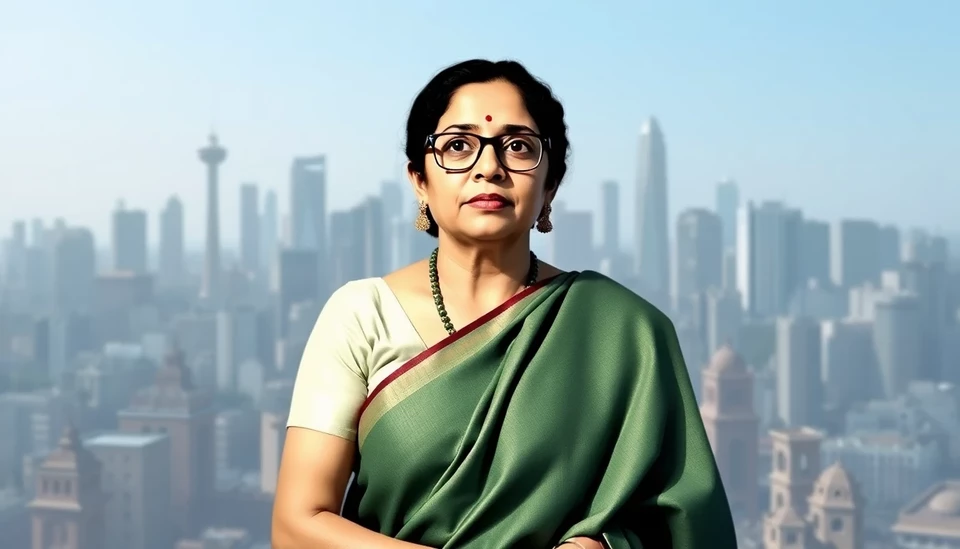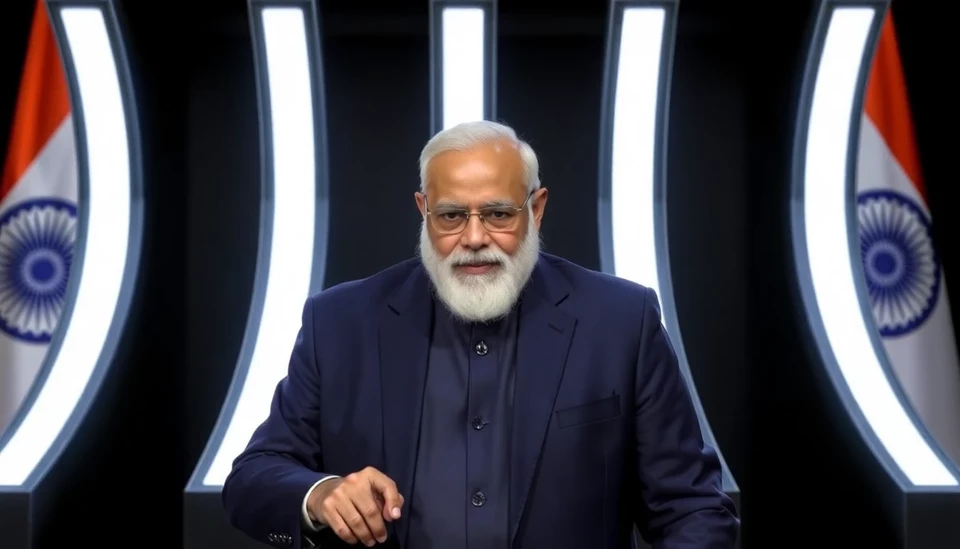
In a recent announcement that captured the attention of both economic experts and the general public, India's Finance Minister Nirmala Sitharaman emphasized a pressing issue facing the nation: the significant skills gap among the youth. During a keynote address, she highlighted this gap as one of the primary obstacles to achieving robust economic growth and the emergence of India as a global economic powerhouse.
Sitharaman's remarks come as India navigates through a dynamic labor market and seeks to bolster its position amidst growing global economic uncertainties. The Finance Minister underscored the urgent need for systemic changes in how education and vocational training are approached in order to equip the burgeoning youth population with relevant skills that meet the demands of today’s industries.
Pointing to the substantial demographic dividend that India possesses, with over 600 million people under the age of 25, she warned that without addressing the skills deficit, this boon could quickly turn into a burden. "Employability cannot be taken for granted; we must invest in skill development to harness the potential of our young population," Sitharaman stated.
The Finance Minister elaborated on India's ambitious push towards a digital economy, noting that with the rise of artificial intelligence, robotics, and other technological advancements, traditional skills may soon become obsolete. “We are at a crossroads. To thrive, we need to adapt our educational frameworks and provide our youth with skills that align with future job markets,” she urged.
During her address, Sitharaman outlined several government initiatives aimed at closing the skills gap. These include investments in technical education and partnerships with industry leaders to develop tailored training programs. Moreover, she mentioned the importance of bridging the gap between urban and rural education by introducing vocational courses in underserved areas.
Industry leaders and education experts have echoed the Finance Minister's sentiment, stressing that collaboration between the government and private sectors will be key to implementing these initiatives effectively. With the right framework in place, there is optimism that India can cultivate a workforce that is not only employable but also innovative and entrepreneurial.
The consequences of failing to address the skills gap, according to experts, could be far-reaching. An unskilled workforce could lead to higher unemployment rates and social unrest, ultimately hindering the country's economic ambitions. "Investing in skills is not just an economic necessity but a fundamental social responsibility," remarked an industry analyst in response to Sitharaman’s speech.
As the Indian government gears up for future budgets and economic policies, addressing the skills gap is likely to take center stage. The upcoming initiatives may play a crucial role in shaping the future of the Indian workforce—ensuring that the potential of its young population is not only recognized but also realized.
As discussions continue on how best to equip the youth with necessary skills, it is clear that the government's focus on education and training will be instrumental in determining India's economic trajectory and global standing.
#India #SkillsGap #NirmalaSitharaman #YouthDevelopment #EconomicGrowth #VocationalTraining #DigitalEconomy #EducationReform #WorkforceDevelopment #JobMarket
Author: Laura Mitchell




